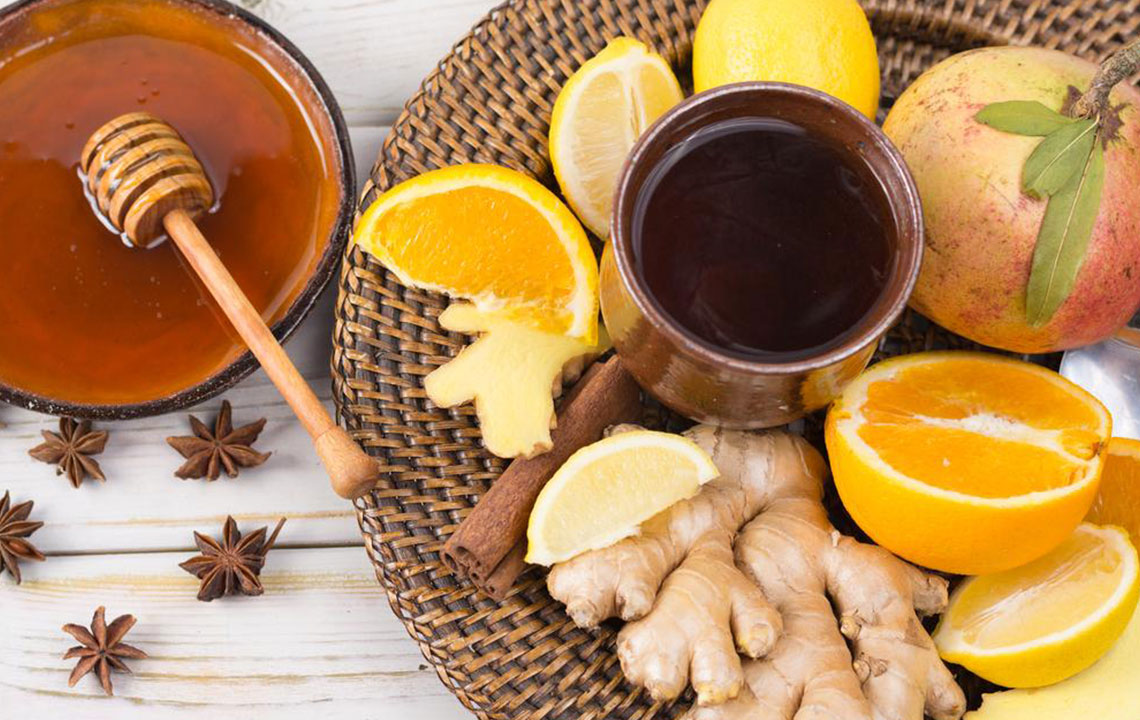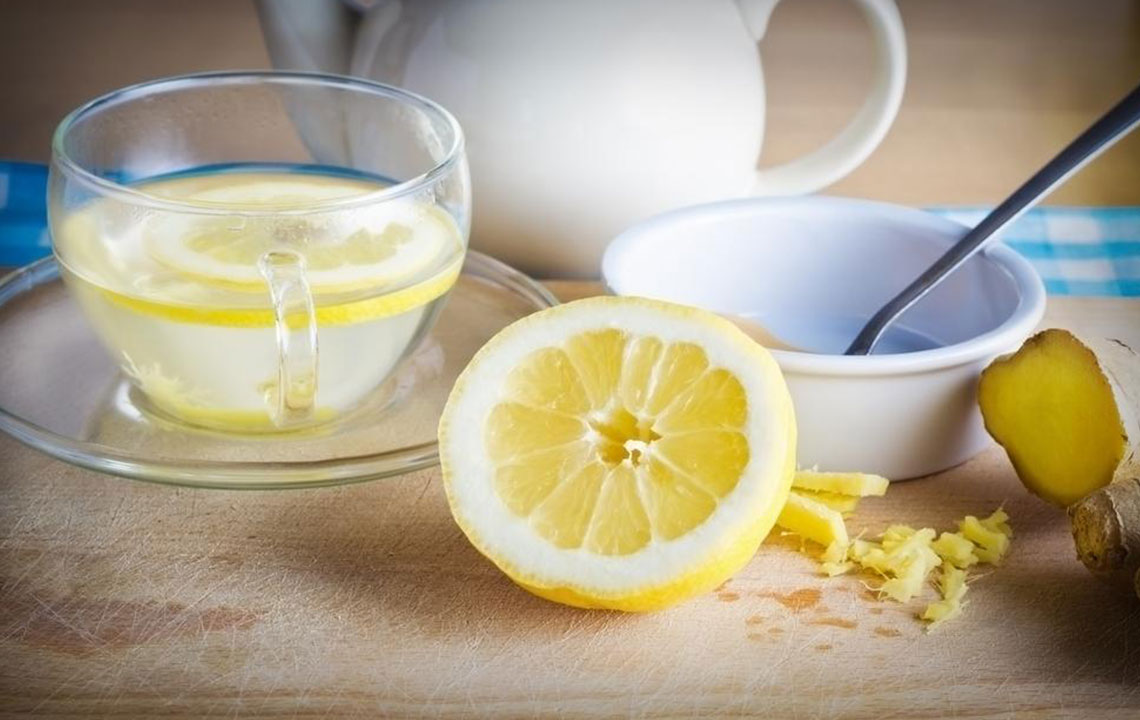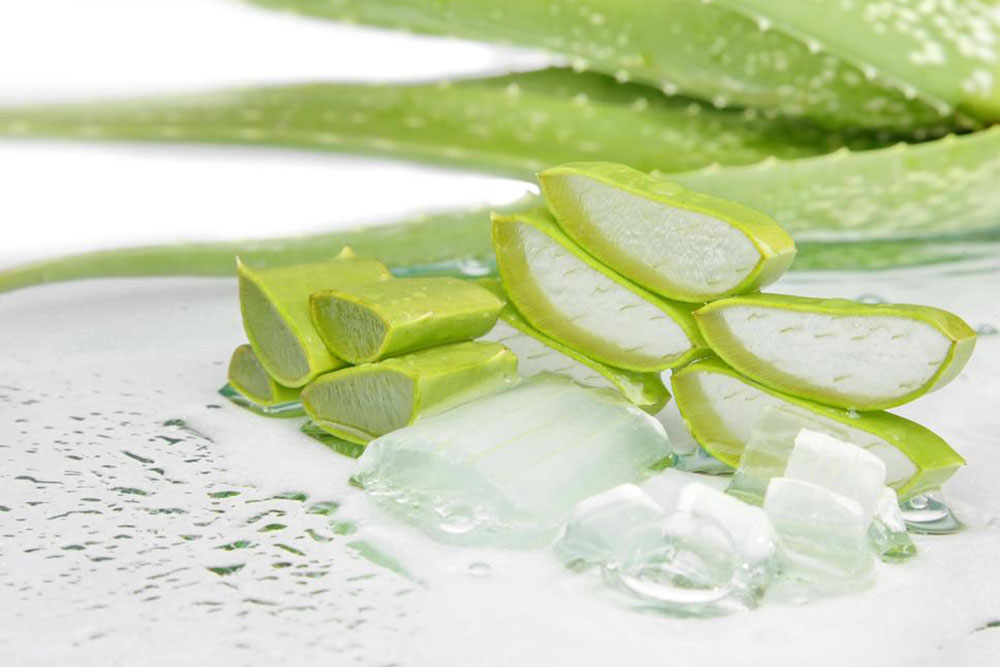Comprehensive Home Remedies to Effectively Reduce Chronic Mucus and Phlegm
This comprehensive guide explores natural and effective home remedies for persistent mucus and phlegm. From hydration and saltwater gargles to steam therapy and eucalyptus oil, learn how to reduce congestion and improve respiratory health safely. The article emphasizes good practices for mucus management and when to seek medical advice, providing readers with practical strategies to enhance overall respiratory comfort and well-being.

Proven Methods to Overcome Persistent Mucus and Phlegm Problems
Excessive mucus and phlegm production in the respiratory system can be an irritating and persistent issue that affects daily life. While occasional mucus buildup is normal, ongoing or excessive production may signal underlying health conditions such as allergies, asthma, acid reflux, or more serious respiratory diseases including bronchitis or chronic obstructive pulmonary disease (COPD). Recognizing the causes and employing effective home remedies can significantly improve comfort and respiratory health. Understanding the various factors that contribute to mucus overproduction and the natural strategies to manage it can empower individuals to take control of their health.
Importance of Hydration for Respiratory Health
Staying well-hydrated is a cornerstone of managing mucus buildup. Drinking adequate amounts of fluids helps to thin thickened mucus, making it easier to expel from the respiratory tract. Gentle hydration supports the body's natural mucociliary clearance—the mechanism that traps and removes mucus from the lungs and sinuses. Opt for warm liquids such as herbal teas, clear broths, and warm water infused with lemon, which can enhance mucus thinning and provide soothing effects for irritated throat tissues. Avoid caffeinated and sugary beverages as they can cause dehydration, exacerbating mucus congestion. Incorporate hydration into your daily routine, especially during cold seasons or in dry indoor environments, to prevent mucus from thickening and obstructing airflow.
Effective Gargling with Saltwater
Gargling with saltwater remains one of the most time-tested and accessible remedies for soothing throat irritation and reducing mucus. Salt possesses natural anti-inflammatory and antimicrobial properties, helping to break down mucus and reduce inflammation in the throat tissues. For optimal results, dissolve about ½ to ¾ teaspoon of high-quality salt in warm water. Take a deep breath and tilt your head back slightly, gargling for approximately 30 seconds before spitting it out. Repeating this process several times daily can provide substantial relief from sore throat and mucus buildup. To further enhance nasal drainage, saline nasal rinses with a neti pot or saline spray can clear blocked nasal passages, promoting easier breathing and reducing postnasal drip.
Steam Therapy for Mucus Loosening
Steam inhalation is an age-old remedy that effectively loosens thick mucus in the nasal passages, sinuses, and throat. To maximize benefits, add natural herbs such as fresh ginger slices or a few drops of essential oils like eucalyptus or peppermint into hot water. Cover your head with a towel and breathe in the warm, medicated steam for 10-15 minutes. This method not only relieves congestion but also calms irritated tissues. Regular steam therapy, especially during cold weather or allergy seasons, helps to facilitate mucus drainage and provides rapid relief from pressure and blockages. Always ensure the water is at a safe temperature to prevent burns and consult a healthcare provider if symptoms persist or worsen.
Eucalyptus Oil for Respiratory Relief
Eucalyptus oil is renowned for its respiratory benefits due to its anti-inflammatory and mucolytic properties. When used appropriately, it can significantly help loosen chest mucus, soothe coughs, and ease breathing. Add a few drops of pure eucalyptus oil to a bowl of hot water and inhale the vapors deeply to open up clogged airways. Alternatively, dilute the oil and apply it topically to the chest, neck, or nasal area to promote mucus drainage. Using eucalyptus oil before bed can improve sleep quality by reducing nighttime congestion. Always ensure the oil is pure, and perform a patch test before topical application to prevent skin irritation. Consult a healthcare professional before starting any new essential oil treatments, particularly if you have allergies or skin sensitivities.
Humidifier Use to Maintain Optimal Indoor Air Quality
Dry indoor air can exacerbate mucus thickening and worsen respiratory symptoms. Utilizing a humidifier introduces moisture into the environment, maintaining optimal humidity levels (ideally between 40-60%) to keep mucus thin and manageable. Humidifiers are especially useful during winter months or in climate regions with low humidity. Regular cleaning of the device ensures no mold or bacteria growth, safeguarding respiratory health. Pairing humidifier use with other remedies like steam inhalation or hydration enhances overall effectiveness. For added comfort, place a bowl of water near heating sources or use houseplants to naturally increase humidity levels in your living space.
Always remember, while home remedies can effectively relieve mucus buildup, persistent symptoms warrant medical attention. Underlying health conditions such as infections, allergies, or chronic respiratory disorders require precise diagnosis and targeted treatment. Consult a healthcare provider if symptoms persist beyond a week, worsen, or are accompanied by fever, chest pain, or difficulty breathing. Managing mucus through natural means is a valuable part of respiratory care, but professional intervention ensures comprehensive health management and recovery.





